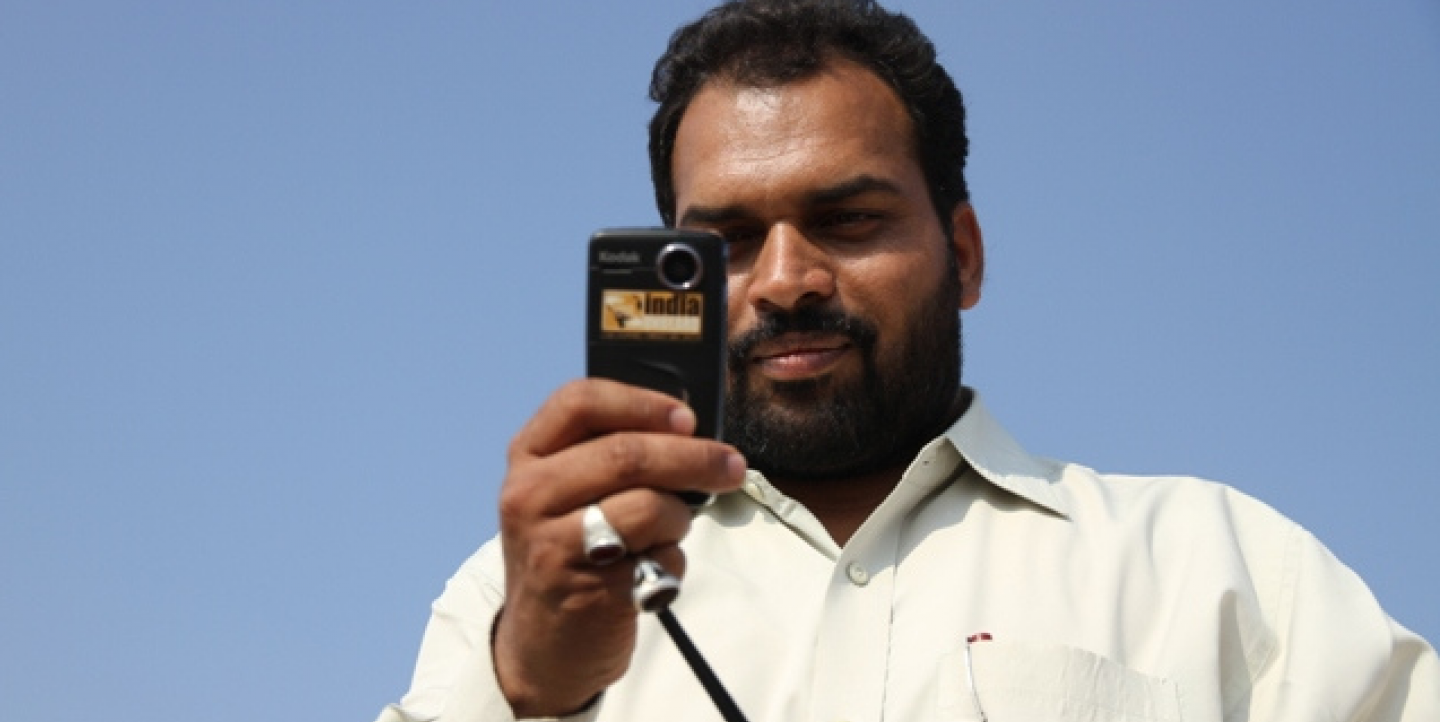At events like data bootcamps and hackathons, journalism training across the world reflects the huge changes in the media landscape over the last decade. Today, journalists often learn how to tweet and make data visualizations instead of how to conduct interviews or write breaking news stories.
A new report by veteran journalist and media trainer Bill Ristow details the evolution in international media training in a new report from the Center for International Media Assistance (CIMA). “Journalism Training In The Digital Era: Views From the Field,” both highlights the importance of making sure training keeps pace with technological change and raises concerns about the potential pitfalls of focusing such a large portion of media training on digital media and innovation. The report asks:
“Are we properly tailoring the work to the wildly varied technological environments of the developing world? Are we mistakenly assuming that the problems Western media have faced are the same ones facing the media elsewhere? Are we being dazzled by the “shiny toys” of digital media, offering things that aren’t really useful in local contexts? Are we placing platform too far ahead of content, and running a serious risk of shortchanging critically important work in support of journalism skills and business training for media organizations?”
In the field, mastering digital media may not always be the most significant need. Ugandan journalist and former chair of the journalism school at Uganda’s Makerere University Peter Mwesige shared with Ristow what he believes are the five most important training needs in Africa. The top three items included understanding the workings of big institutions, better understanding public policy as well as strengthening analytical skills.
“Only the fifth item, data journalism, is even somewhat connected to the trend toward digital and social media development work,” Ristow writes.
“The mix has to be there,” says Jerome Aumente, professor emeritus at the Rutgers University School of Communication and Information. “What you must do is line it up with the realities of the country you’re in and calibrate it to make it match up. There’s no point in teaching higher-end technology to a region that is still basically newspaper-focused.”
The report lays out five main suggestions for media-development donors and organizations to keep in mind as they develop projects in the field. They are:
-
Carefully analyze the broad environment and conditions surrounding each intervention. This includes the legal and business climate as well as other development projects or programs. It’s also important to analyze the “level and nature of local demand for the work that is being proposed,” the report says. While journalists might want to be trained in digital tools, “it is important to know whether [those journalists] will be able to use the training in their workplace, whether the management of their news organizations supports the training, or … if such training could put the journalists at risk of being targeted by a hostile regime,” the report notes.
-
Diagnose the specific “media ecosystem” and technological conditions of the country. Training efforts need to be “designed and tailored for a particular environment,” the report says, “including its ability to support specific digital techniques and approaches.” Often, technical conditions are far different from those in the West, and can vary widely in the region, so a “one size fits all” approach is rarely successful.
-
Emphasize a mix of solutions. The intervention should “maintain a strong, calculated emphasis both on core journalism and on support for media business sustainability, even when the focus is on training for digital platforms,” the report says.
-
Invest more in research, especially at the front end of projects. For this, the report says “universities could make an invaluable contribution to improving our knowledge of what programs work best under what conditions.”
-
Rigorously evaluate the new types of projects. Stronger evaluations are important overall, but they are “especially important with the evolving digital-oriented work,” the report says, “because lessons learned at the beginning will have the greatest impact on future projects.”
Read the full report here.
Jessica Weiss is a Bogotá-based freelance journalist.
Photo from India Unheard training camp courtesy of Video Volunteers with a Creative Commons license.

